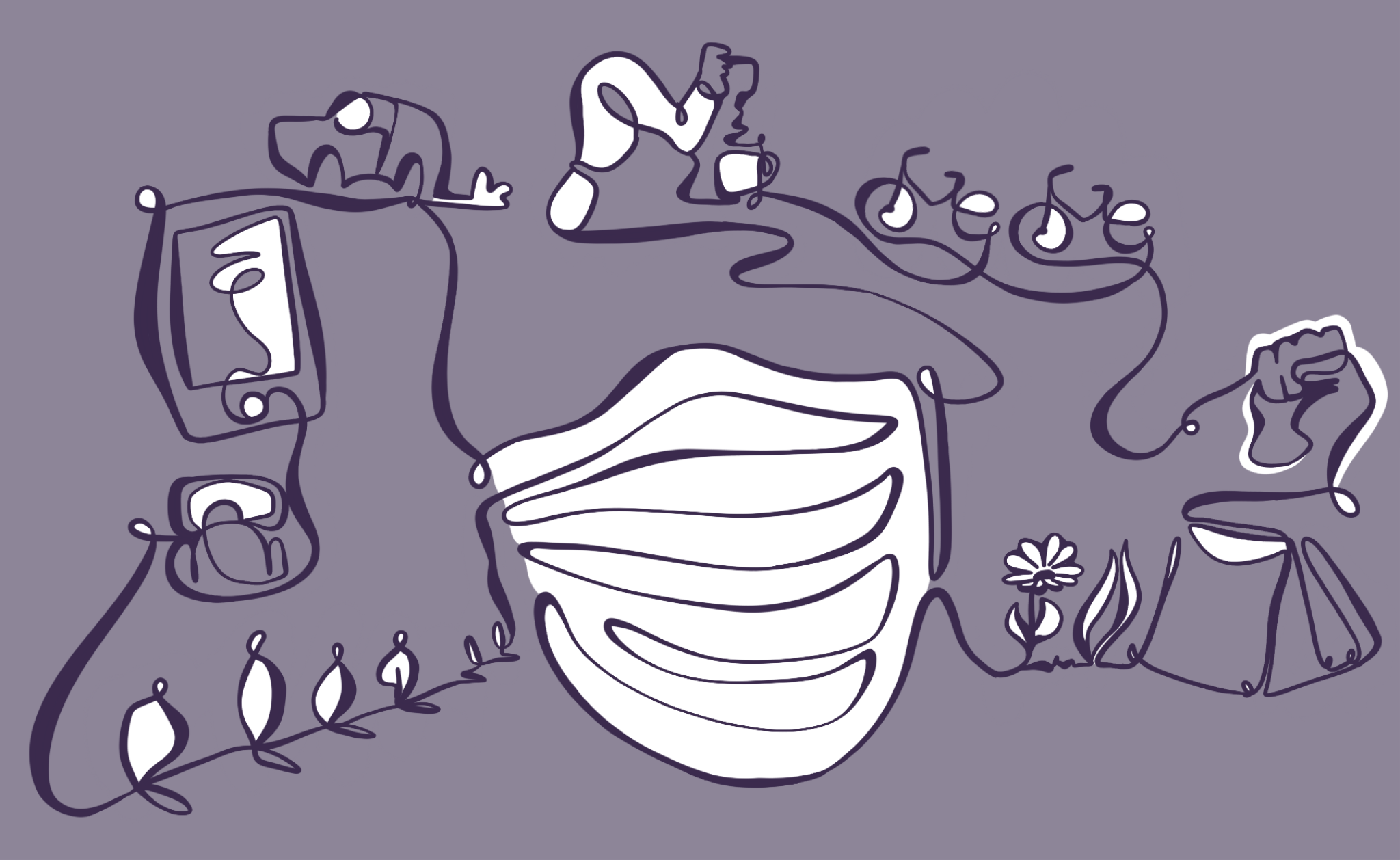With the COVID-19 pandemic and the Black Lives Matter (BLM) movement rocking the world, the summer of 2020 has been far from conventional for Berkeley High School (BHS) students. While the coronavirus drastically altered aspects of traditional “summer life” beyond recognition, it also drove students to seek out meaningful experiences in order to make a difference in their communities.
Ariel Skolnick, a junior in Academic Choice (AC), was thrilled upon receiving news of her acceptance into a competitive culinary school program in Italy. She had been looking forward to developing her passion while immersed in a new culture, but her anticipation quickly became disappointment. “One moment, I was supposed to be travelling around Italy and training at different culinary schools. Then Italy became a hotspot, and suddenly it was cancelled,” Skolnick said.
However, Skolnick refused to sit around at home while people across the country were protesting against systemic racism and police brutality. She joined Baking for BLM, a student run organization launched by BHS graduate Gina Ledor (class of ‘20). The initiative raises money for the BLM movement by providing freshly baked goods in exchange for direct donations to organizations such as the Black Visions Collective and the American Civil Liberties Union (ACLU). Thanks to its team of avid student bakers like Skolnick, Baking for BLM has raised over $10,000 in donations.
Ayla Reading, a junior in Berkeley International High School (BIHS), was also actively involved in the BLM movement. Armed with a mask, Reading took to the streets daily during numerous protests in the Bay Area and in New York City, where she traveled for over a month. The confidence, civic awareness, and sense of responsibility she gained through marching and advocating was a transformative experience. “I learned more than I ever did in school at protests this summer,” said Reading.
Not only was missing school and summer activities a setback for students, COVID-19 has left seniors in the dark when it comes to the college application process. Lauri Loving, a senior in Communications Arts and Sciences (CAS), dedicated her summer to “interning with a start-up company to create an app called Guided.” The app caters to high schoolers who need extra support and information regarding their future, spanning from college applications and goal setting to financing and networking. “My main job was to get in touch with experts on the college application process and ask them about how COVID affects this. I ended up contacting many different admission officers who work at schools all across the country for help,” explained Loving.
Although the opportunity was still available to Loving despite complications brought up by COVID-19, it wasn’t as easy as it normally would have been. “My internship was not only moved completely online, but the owner of the company was forced to move back to Australia. This meant we had zoom calls late at night, and it was a lot harder to work with the other interns and adults. Things moved slower than we expected. Luckily, we made it work, and I had a lot of fun,” she said.
Similarly, Kira Linn, a senior in the Arts and Humanities Academy (AHA), dedicated her time to helping people facing disadvantages due to COVID-19. She volunteered for the University of California San Francisco (UCSF) Patient Pantry, which she described as “an organization that gets things like diapers, food, and other essential items to pregnant patients who are not able to access these supplies for various reasons, most of which are connected to COVID.” Volunteering as a delivery driver, Linn’s Spanish skills became a huge advantage, as many of the patients were Spanish-speaking only.
During a time when many new mothers feel vulnerable and uncertain, Linn’s work became crucial. The experience felt very valuable to Linn on a personal level. “This organization was started largely because of the pandemic in hopes of assisting people who are most affected by it. It’s extremely rewarding on my end, which is pushing me to continue through the year,” she reflected.
Despite canceled plans or COVID-19-related complications, students managed to find time for growth in new experiences and rocky moments. Through internships, volunteering, and rallying, students like Reading, Loving, Linn, and Skolnick found unprecedented and timely ways to stay connected with their communities. “Despite everything, I still feel like I had a meaningful, rich summer,” said Skolnick. “The little moments of connection and normalcy become so much more meaningful because they’re such a rarity.”





